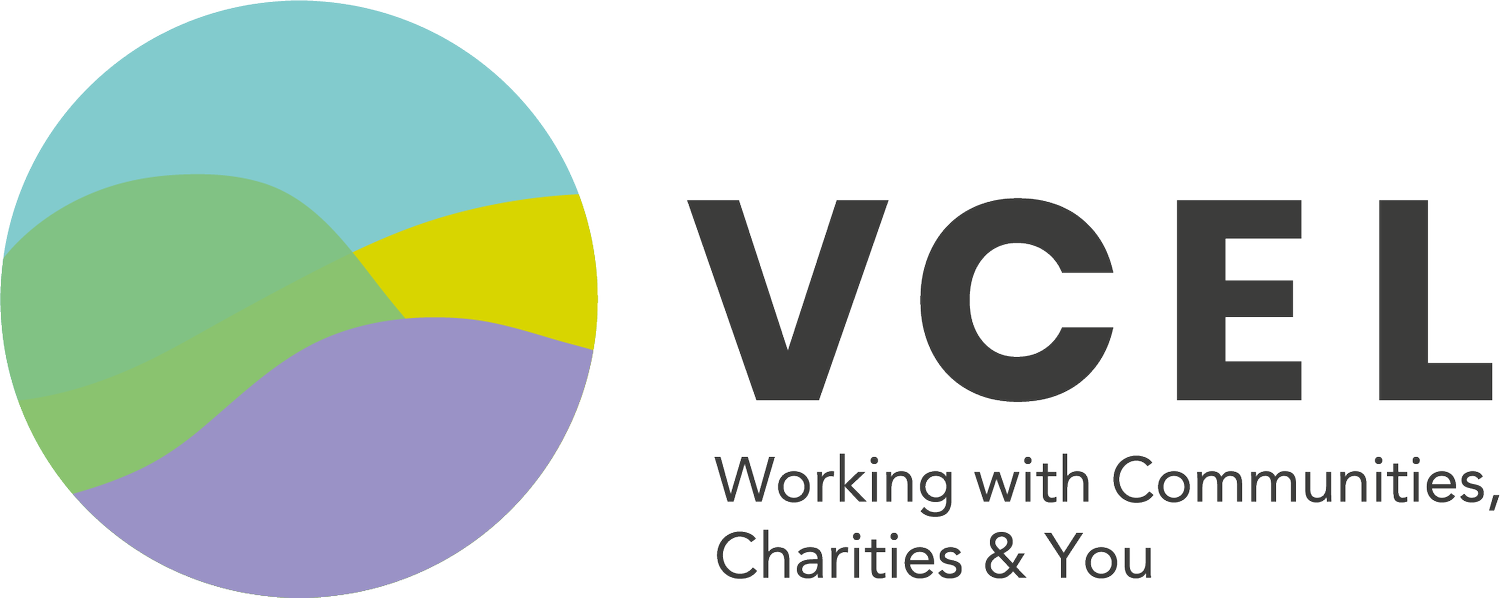This SMHFA course is designed for everyone. It is interesting and varied and most participants tell us that they enjoyed it very much.
Why take the course?
Five good reasons to attend SMHFA:
Most people don’t know what to do in a mental health crisis. Take the course and you will be one of the few who knows what to do and is confident about putting that knowledge into action.
You will learn how to recognise when a person might need help and the best way to approach them.
You could save a life by learning basic suicide intervention skills.
You will learn what protects your own and other people’s mental health.
You will learn new skills that are useful in every part of your life.
Mental Health problems are not as frightening as most people think. When a person has a mental health problem what they need most is someone who can:
listen calmly to their feelings and fears
give some simple information
tell them where to get appropriate help.
It doesn’t sound too difficult does it? This course is for everyone and participants use the skills they learn in all settings.
What will I learn on the course?
How to apply the 5 steps of SMHFA
How to respond if you believe someone is at risk of suicide.
How to give immediate help until professional help is available.
What to say and do in a crisis
The importance of good listening skills
Practice listening and responding
Understanding recovery from mental health problems
Understanding the connection between mental health problems and alcohol and drugs
Understanding the connection between mental health problems and discrimination
Some basic information about common mental health problems
Self help information
What happens on a SMHFA course?
The course takes 12 hours and is often run on two separate days. Sometimes it will be in shorter sessions over two, four or six weeks. It is an interesting course that includes different activities, films, discussions and even some fun and laughter. You will get a certificate of attendance and a colourful and interesting manual to take away with you at the end so that you can remind yourself of what you’ve learned. The aims of SMHFA are:
To preserve life.
To provide help to prevent the mental health problem or crisis developing into a more serious state.
To promote the recovery of good mental health.
To provide comfort to a person experiencing distress.
To promote understanding of mental health issues.
The course will give you the knowledge to apply these aims in a real life situation.
About mental health
Mental health is … 'the emotional and spiritual resilience which allows us to enjoy life and survive pain, disappointment and sadness. It is a positive sense of well-being and an underlying belief in our own, and others, dignity and worth.' (Health Education Authority 1997)
What is mental health?
Sometimes people are not sure what mental health is and feel a bit afraid of it. Think about physical health. That doesn’t have the same negative impact does it? Our physical health can be good or poor and it can vary from day to day. When our physical health is good we can enjoy life to the full.
At other times we can be unwell and this can last for weeks or months. Or we might be unwell just for a couple of days then we are back to normal. Sometimes our physical health is poor because we haven’t taken good care of ourselves or because we were born with a tendency to certain illnesses. When we are unwell we are likely to have less energy and motivation and find taking part in work or play more difficult.
Sometimes people are not sure what mental health is and feel a bit afraid of it. Think about physical health. That doesn’t have the same negative impact does it? Our physical health can be good or poor and it can vary from day to day. When our physical health is good we can enjoy life to the full. At other times we can be unwell and this can last for weeks or months. Or we might be unwell just for a couple of days then we are back to normal. Sometimes our physical health is poor because we haven’t taken good care of ourselves or because we were born with a tendency to certain illnesses. When we are unwell we are likely to have less energy and motivation and find taking part in work or play more difficult.
All of these things are true of mental health. The main difference between physical and mental health is that our emotions, our ability to work and our relationships are the main things to be influenced by our mental health. When our mental health is positive we can cope with ups and downs. Our mood is stable and we feel optimistic. When we are mentally unwell we may experience mental or emotional pain. Our mood may be low and we might lose confidence in our ability to cope with life’s challenges.
Sometimes we can have long term mental health problems, just as we can get longer lasting physical illnesses... and we can recover in much the same way. Of course the other big difference is that you can’t get a mental health problem from someone else – it isn’t catching like the flu. Physical and mental health have an effect on each other. If your physical health is poor your mental health is likely to be low. If your mental health is poor you are more likely to get physically ill. The good news is that you can make a difference to your own mental health. Scotland’s Mental Health First Aid is one of the ways that helps you make a difference to your own and other people’s mental health.
The SMHFA programme
The SMHFA course takes 12 hours to complete. It can be presented in a range of formats to suit different groups. The course must be presented by a qualified SMHFA instructor and quality is continuously monitored by NHS Health Scotland.
The course can be presented in the following formats:
two full days
four half days
six two-hour sessions.
The following is a brief outline of what is covered on the course:
guidance on being a Mental Health First Aider
attitudes to mental health issues
equalities
the recovery message
the impact of alcohol and drugs on mental health
introduction to suicide intervention
listening skills
understanding depression
how to offer first aid to someone experiencing depression
understanding anxiety
how to offer first aid to someone experiencing anxiety
understanding psychosis
how to offer first aid to someone experiencing a psychotic episode.
The course does not train people to be mental health workers. It offers basic general information about mental health problems. The knowledge presented and understanding developed in the course helps to remove stigma and fear and to give confidence in approaching a person in distress. Mental Health First Aid is an initial response to distress and all participants on the course understand that this help is given only until other suitable or professional help can be found.
This course
This course is being delivered over two full days - 17th July 2025 and 24th July 2025 from 9.30am to 4.30pm. Use the button below to sign up for both days.

